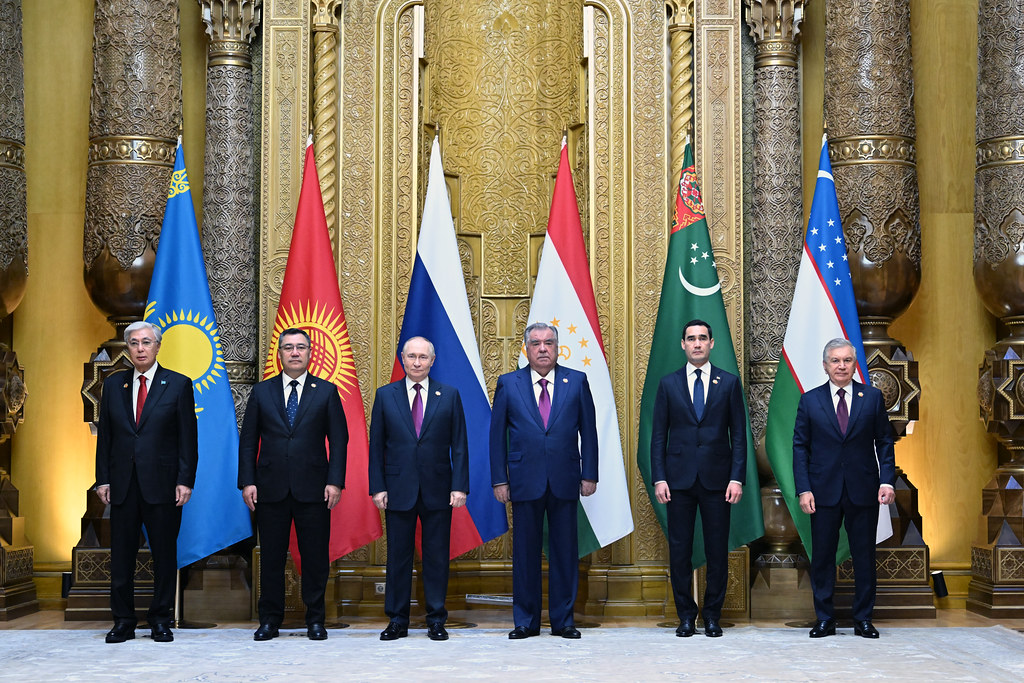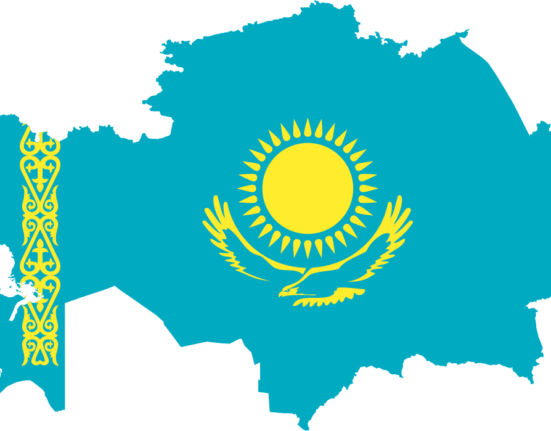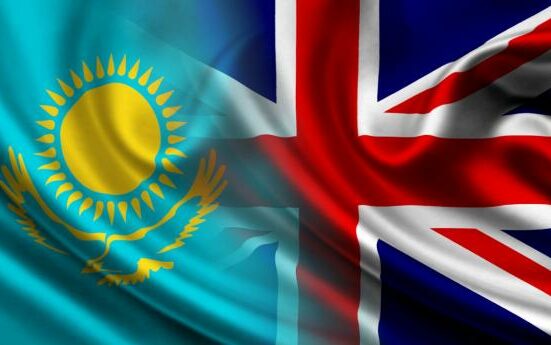On October 9, the Second “Central Asia–Russia” Summit was held in Dushanbe.
The event, chaired by the President of Tajikistan Emomali Rahmon, was attended by the President of the Russian Federation Vladimir Putin, the President of Kazakhstan Kassym-Jomart Tokayev, the President of the Kyrgyz Republic Sadyr Japarov, the President of Turkmenistan Serdar Berdimuhamedov, and the President of Uzbekistan Shavkat Mirziyoyev.
The leaders discussed expanding cooperation in the political, trade, economic, investment, cultural and humanitarian spheres, as well as current aspects of the international and regional agenda.
In his speech, Kazakh President Tokayev said that the meeting aims to give new impetus to long-term multilateral ties with Russia. “In my view, the primary goal of such a partnership is to strengthen stability in the Central Asian region in order to create conditions for the more successful development of multifaceted cooperation,” he said.
The Kazakh president outlined key areas for further cooperation between the countries of the region and Russia. He named the development of trade and industrial cooperation as the top priority.
“Trade with Russia accounts for a third of the total trade turnover of Central Asian countries. In 2024, it grew by 20%, exceeding $50 billion. More than half of that volume accounted for bilateral trade between Kazakhstan and Russia, which reached $28 billion last year. Russia has become one of the largest investors in the Kazakh economy, having invested over $26 billion. The influx of Russian investment last year alone increased by 33%, exceeding $4 billion,” Tokayev emphasized.
Tokayev also considers strengthening transport and logistics ties to be a priority.
“Geographically, Kazakhstan is able to ensure a stable connection between East and West, North and South, as the central link in the Eurasian transport and logistics network. Russia, meanwhile, is a key gateway for regional states to global markets. Therefore, cooperation with Russia in transport and logistics is of paramount strategic importance. Eleven international transport corridors pass through Kazakhstan, including five rail and six road corridors, which account for approximately 85% of overland freight traffic between Asia and Europe. Rail freight transit from Russia to Central Asia via Kazakhstan has increased by 26% over the past three years, exceeding 30 million tons. Meanwhile, transit in the opposite direction has increased by almost 50%. Furthermore, shipments from Russia to China transiting Kazakhstan have tripled, reaching over 5 million tons,” the Kazakh president stated.
In his speech, Uzbek President Mirziyoyev stated that “Russia has been, is, and will always remain our key, priority strategic partner and ally. The solid and unshakable foundation of this cooperation lies in our shared history, centuries-old ties, cultural and spiritual affinity of our peoples, and the friendly and trusting relations between our countries.”
The Uzbek leader outlined priorities for comprehensive cooperation between Central Asia and Russia, with the main focus on the expansion of economic partnership.
He also emphasized the vital importance of effectively utilizing the transit and transport potential of the participating countries, particularly within the framework of the North–South Corridor.
“We advocate aligning national programs in the fields of road, rail, and air transport and, on this basis, developing a comprehensive plan for infrastructure partnership – a transport and logistics framework for our countries. The ultimate goal should be the creation of an integrated and interconnected regional transport infrastructure that is resilient to external challenges,” the Uzbek president said.
According to Mirziyoyev, another priority area is the development of sustainable production chains and the deepening of industrial cooperation.
To stimulate innovation-oriented cooperation between leading enterprises and the private sector, the Uzbek president proposed the creation of a Central Asia–Russia Industrial Engineering Hub in the city of Bukhara, which could become a unique technological platform for developing, implementing, and replicating advanced engineering solutions.
Photo: president.tj




